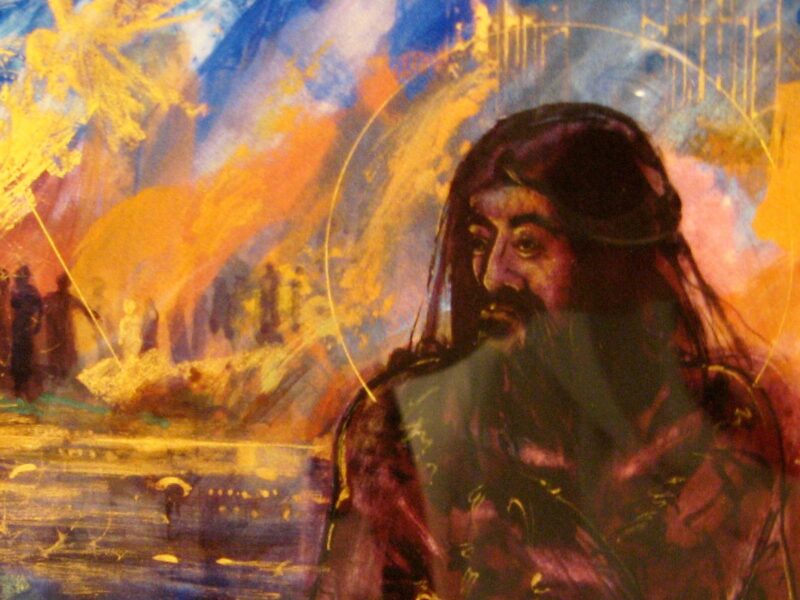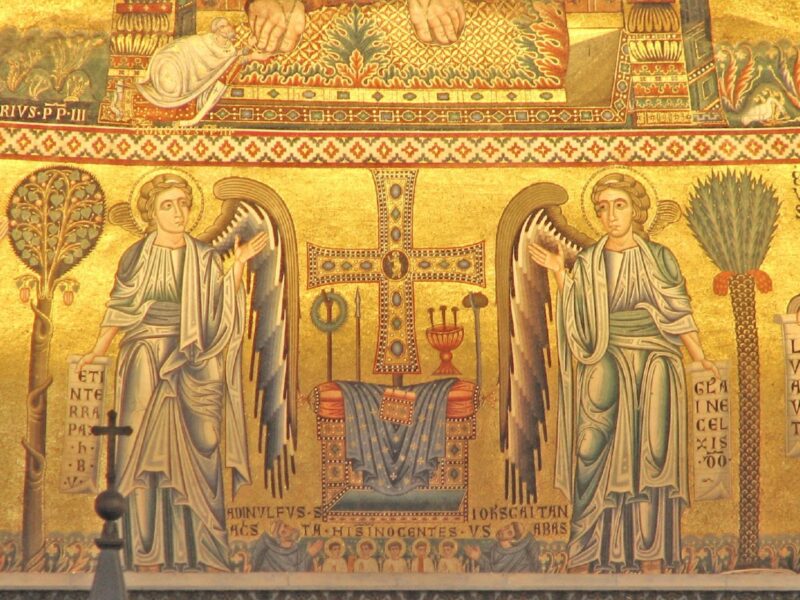
Still Too Ugly
Twenty-Sixth Sunday of the Year. Fr Leon Pereira agrees with Zola that all the miracles in the world are not enough to bring someone to faith.
In 1892 the French writer Émile Zola went to Lourdes in search of a miracle. Zola, a dogmatic atheist, declared, ‘I only want to see a cut finger dipped in water and come out healed’. In Lourdes he met a young woman called Marie Lemarchand, who was in an advanced and terminal stage of tuberculosis. Zola himself described how the ‘ulceration had spread and was hourly spreading and devouring the membrane in its progress. The cartilage of the nose was almost eaten away, the mouth was drawn all on one side by the swollen condition of the upper lip. The whole was a frightful distorted mass of matter and oozing blood’.
When Lemarchand emerged from the baths, she was healed, and new skin had grown over the ulceration. Zola, presented with this woman whose hideous disease had made such an impression on him beforehand, said, ‘I do not want to look at her. She is still too ugly’.
He then went on to write a novel loosely based on his experiences, in which Lemarchand was transformed into a ‘psychoneurotic’ whose alleged cure was only the relief of a psychosomatic affliction. Before he left Lourdes, Zola admitted, ‘Were I to see all the sick at Lourdes cured, I would not believe in a miracle.’
I have a certain sympathy for Zola. Not for his pig-headedness, but for his assertion that all the miracles in the world are simply not enough. The rich man in the parable wants Lazarus to warn his brothers, and Abraham says, ‘If they do not hear Moses and the prophets, neither will they be convinced if some one should rise from the dead’. In real life, another Lazarus does rise from the dead, and those who do not want to hear Moses and the prophets then plot to kill both Lazarus and Jesus. Even the resurrection as a miracle is not enough to convince some.
When Jesus rises from the dead, his disciples still cannot believe it. In Luke’s account, the women disciples, Mary Magdalene, Joanna, Mary the mother of James, and other unnamed women encounter two angels, but disbelieve out of fear. When they report their story to the apostles, they think it is nonsense. When Jesus does appear to his apostles, they were startled and afraid, and disbelieved out of joy. So far appearances of the risen Christ provoke nothing but disbelief.
On the road to Emmaus, when the two disciples encounter Jesus, they do not recognise him. Remember that today’s parable says, ‘If they do not hear Moses and the prophets, neither will they be convinced if some one should rise from the dead’. So at Emmaus Jesus teaches them about himself, as it says, ‘beginning with Moses and all the prophets he explained to them in the Scriptures the things concerning himself’.
What Luke presents then is that seeing the risen Christ is not enough. The women disciples disbelieve out of fear, the apostles disbelieve out of joy. The episode of Zola at Lourdes suggests that some can disbelieve out of obstinacy. At Emmaus, the two disciples need to hear Moses and the prophets again, because if they will not listen to them, they will not be convinced even if someone should rise from the dead. In the parable, if Lazarus alive was not enough for the rich man and his brethren, what good is Lazarus come back from the dead?
The real Lazarus, the poor man who dies outside the gate, is Christ himself. And Christ has come not to abolish the law and the prophets, but to fulfil them. Keeping the Sabbath rest, for example, was a way of imitating God, who rested after creating the world. Jesus is the Lord of the Sabbath, not in the sense that he can do whatever he likes, as though he were a liberal ingratiating himself with the people, but in the sense that he is God, and imitating him is imitating God, and thus fulfils what the Sabbath is for.
Seeing the miraculous is not enough. We need the gift of faith, and it is a gift. And the gifts of God should always be treasured, and never taken for granted.


